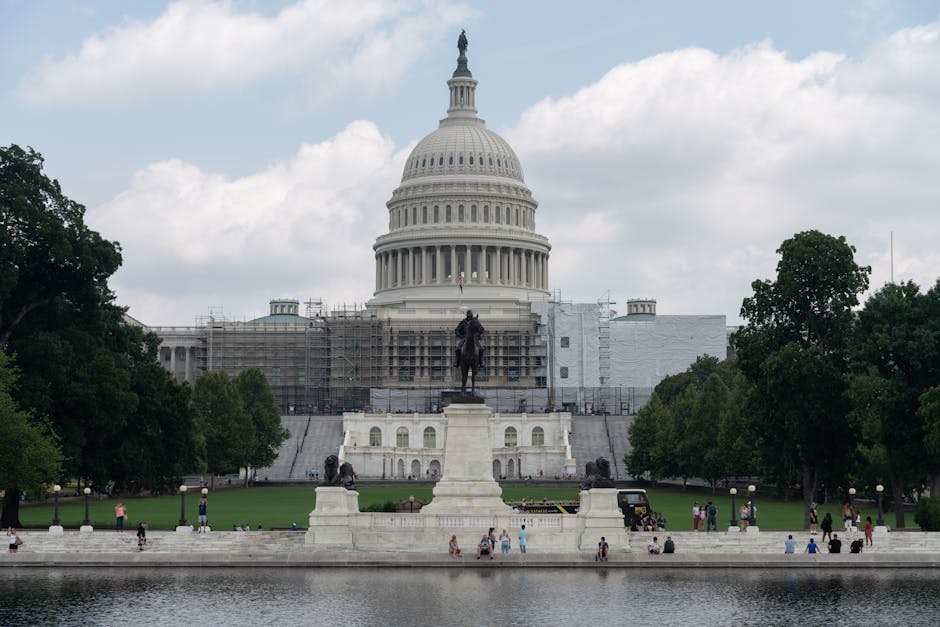The pursuit of political freedom, a cornerstone of many modern political systems, is often presented as an absolute ideal. Yet, a deeper examination reveals inherent limitations on this aspiration. These limitations, often nuanced and contested, arise from various sources and interact in complex ways to shape the practical application of political freedom. This exploration delves into the boundaries of political freedom, acknowledging its importance while critically assessing the unavoidable constraints.
Firstly, the fundamental question must be addressed: what constitutes political freedom? It encompasses a range of liberties, including freedom of speech, assembly, association, and participation in the political process. However, the precise extent of these freedoms, and the specific rights they entail, varies considerably across different societies and cultures. Defining these freedoms precisely becomes a political act itself, influenced by prevailing social norms, historical context, and the nature of the governing regime.
A key constraint on political freedom arises from the practical need for social order and cohesion. Societies cannot function without a degree of regulation. While freedom allows citizens to express dissent and challenge the status quo, it must coexist with rules and structures that prevent anarchy and chaos. Laws prohibiting violence, defamation, and fraud, for example, are not inherently antithetical to freedom; rather, they are essential for a society in which diverse opinions can be expressed without descending into destructive conflict.
Furthermore, the allocation of resources, both economic and otherwise, plays a crucial role in limiting political freedom. Governments, regardless of their form, inevitably make choices regarding resource distribution and priorities. These choices impact the opportunities available to citizens, shaping their capacity to participate meaningfully in the political sphere. A citizen lacking access to education, healthcare, or basic necessities might feel constrained in their ability to meaningfully express their political views or participate in political processes.
Legal frameworks, a further significant limitation, establish boundaries for political activity. Laws regulating campaign finance, for instance, aim to prevent undue influence by wealthy individuals or groups, thus attempting to maintain fairness and equality in the political process. However, these regulations themselves can become contentious, raising concerns about limitations on free speech and association. The balance between protecting the integrity of the political process and safeguarding the right to express political views and associations becomes a constant challenge.
The concept of “public safety” often serves as a justification for limitations on political freedom. Governments may restrict demonstrations or protests in certain locations or times in the name of public order and safety. These restrictions, while necessary in some cases, are frequently scrutinized for potential abuse and disproportionate impact on marginalized communities. The line between legitimate public safety measures and arbitrary limitations on political expression is often blurred, necessitating careful scrutiny and a robust system of checks and balances.
Technological advancements also pose novel challenges to political freedom. The internet and social media have amplified voices and facilitated political mobilization, but they have also brought new avenues for censorship and surveillance. Governments may utilize these technologies to monitor and control dissent, while powerful corporations and individuals may wield considerable influence through online platforms, potentially distorting the flow of information and limiting access to diverse perspectives. Navigating this digital terrain requires ongoing dialogue and the development of innovative ways to maintain both political freedom and digital security.
Another crucial limitation stems from the nature of power itself. Even in democracies, the exercise of power by those in positions of authority can influence and restrict freedom, through legislative actions, executive decisions, and judicial interpretations. The capacity of governing bodies to set priorities, implement policies, and manage resources can all impact the freedoms enjoyed by citizens. A critical assessment of power dynamics is essential to understanding the true extent of political freedom in any given context.
Ultimately, the limits on political freedom are not absolute or static. They are contingent upon societal values, political structures, and historical circumstances. The challenge lies in finding a delicate balance between the need for social order, economic stability, and the protection of fundamental rights. This balancing act necessitates ongoing dialogue, critical evaluation, and a robust framework of checks and balances to ensure that political freedom is not merely an aspirational ideal but a tangible reality for all citizens. The exploration of these limits provides a crucial understanding of the complex relationship between freedom, power, and society.












